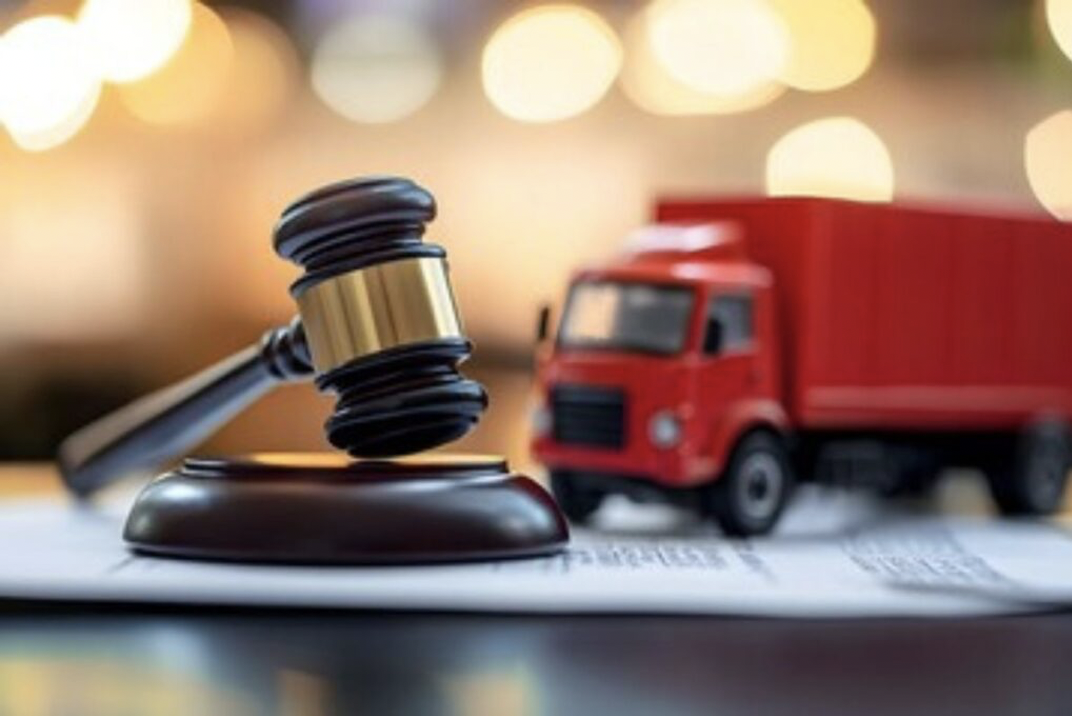
Truck accidents are some of the most serious and devastating crashes on the road, often involving severe injuries and extensive property damage. When a truck accident occurs due to a defective truck part, the situation becomes even more complicated. Understanding who can be held liable in such cases is essential for victims seeking justice and compensation.
If you've been involved in a truck accident caused by a defective part, it's important to know your rights and the parties who might be responsible. Truck accident lawyers from Bagen Law Accident Injury Lawyers can provide invaluable guidance in navigating this complex issue. In this blog, we'll take a closer look at the potential parties who can be held liable in cases of truck accidents caused by defective truck parts.
1. Truck Manufacturers
The first party that comes to mind when thinking about defective truck parts is the manufacturer of the truck or the specific part. Manufacturers are responsible for designing, testing, and producing safe and reliable vehicles and components. If a defect in a part such as the brake system, tires, or steering components causes an accident, the manufacturer could be held accountable.
Manufacturers can be liable for defective parts in several ways, including
2. Parts Suppliers
In many cases, truck parts are supplied by third-party companies that are separate from the truck's manufacturer. These suppliers are also responsible for ensuring that the parts they provide are safe and meet the required standards. If a defective part supplied by a third-party company causes a truck accident, the supplier could be held liable.
For example, if a supplier provides faulty brakes, tires, or a defective suspension system, and those parts fail during operation, they could be held responsible for the accident. Suppliers are typically required to follow safety regulations and industry standards when providing parts, so failure to do so can lead to liability.
3. Trucking Companies
While trucking companies may not be directly involved in the manufacturing or supply of truck parts, they still have a responsibility to ensure that their fleet is safe to operate. This includes regularly maintaining and inspecting their vehicles, including the parts that could lead to accidents.
If a trucking company fails to maintain a truck properly or ignores known defects, it may be held liable for any accidents that result from this neglect. For example, if a trucking company does not inspect the brakes on its fleet regularly and a defective brake part causes an accident, the company could be held responsible.
4. Maintenance and Repair Shops
Another potential party that can be held liable is the mechanic or maintenance shop responsible for repairing or maintaining the truck. If a repair shop installs a defective part or fails to repair an existing issue correctly, and that error leads to an accident, the repair shop could be found liable for the crash.
For example, if a mechanic replaces a truck's worn-out brake pads with defective ones and the brakes fail, the shop could be held responsible for the accident. Regular maintenance and repairs are crucial to ensuring a truck's safety on the road, and failure to do so can result in liability.
5. Fleet Owners or Lease Companies
In some cases, the truck may be owned by a fleet company or leased to an individual truck driver. These companies are responsible for ensuring that the trucks they own or lease are in safe working condition. If a truck accident occurs due to a defective part and the fleet owner or lease company neglected proper maintenance or ignored known defects, they could be held liable for the crash.
Even if the truck driver is an independent contractor, the company that owns or leases the truck may still be responsible for ensuring its safety and maintenance. This can be particularly important when it comes to ensuring that trucks are regularly inspected and maintained.
Conclusion
Determining liability in truck accidents caused by defective truck parts is not always straightforward. Several parties may be responsible, including manufacturers, parts suppliers, trucking companies, repair shops, and fleet owners.
If you've been involved in a truck accident, it's crucial to consult with experienced truck accident lawyers to help you navigate the complexities of these cases. By understanding who can be held accountable, you can ensure that you pursue the right legal path and receive the compensation you deserve.